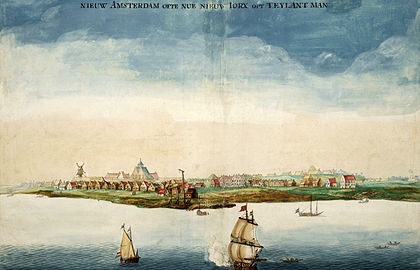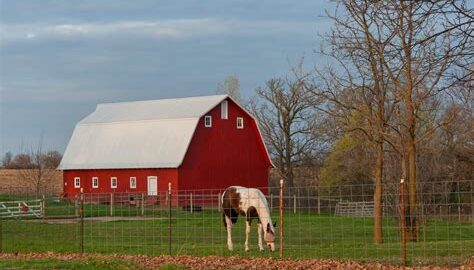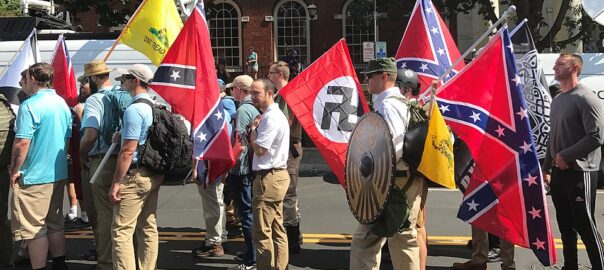Podcast: Play in new window | Download
Subscribe: Apple Podcasts | RSS
Writer’s Voice: compelling conversations with authors who challenge, inspire, and inform
Episode Summary
This week on Writer’s Voice, we explore New York from two perspectives: its dramatic colonial origins and its modern-day extremes.
First, historian Russell Shorto reveals the pivotal moment when Manhattan shifted from Dutch to English hands—and how that “merger” shaped the DNA of America—in his new book Taking Manhattan. He shares stories of the people who lived through this transition, including enslaved Africans, Native Lenape, and early advocates of religious toleration, showing how pluralism and capitalism were baked into New York from the start.
“The 1664 English takeover of Manhattan was an episode everybody knows about and nobody knows about.” — Russell Shorto
Then, novelist Chris Pavone takes us to a luxury building on the Upper West Side in The Doorman. It’s a propulsive tale of secrets, love, and survival, laced with biting social commentary on wealth inequality, performative progressivism, and the price of ambition.
“If you have a billion dollars and everyone you know has 50 billion, you’re unhappy.” — Chris Pavone
Follow us on Bluesky @writersvoice.bsky.social and subscribe to our Substack.
You can support our show and the others you listen to by contributing through Lenny.fm. Your support helps us bring you more of the episodes, like this one, that you look forward to. Thanks for being a vital part of our community!
Key Words: Russell Shorto, Taking Manhattan, New Amsterdam history, English takeover of Manhattan, Lenape history, slavery in New York, Chris Pavone, The Doorman,
You Might Also Like: Saving The New York Public Library, Looking at New York City, Before and After 9/11
Continue reading



